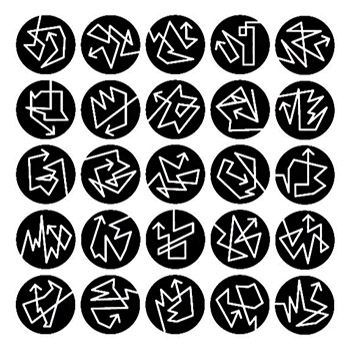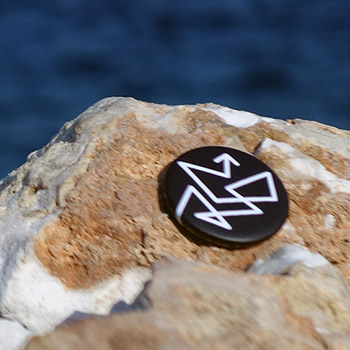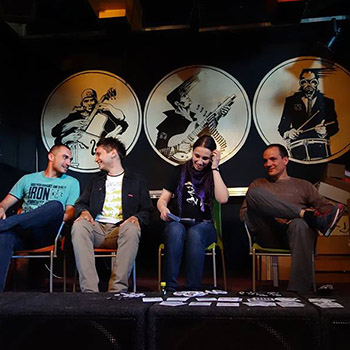By moving and travelling, every human draws lines. Whether one moves to another room or another continent, a new line is formed. These lines are invisible. We imagined what would happen if they were visible (for instance, if every human carried a GPS device all the time). A collection of these geographic lines, unique for each individual, would form an encyclopedia of human geography, a multi-billion page atlas of migration footprints.
It is similar to Brownian motion: if we imagine humans as particles, our society could be seen as a liquid field. Each new relationship starts a chemical reaction that can inspire a new angle, a new path.
This was the original concept for the visual identity of The Travel Club, a community that promotes individual, subjective, creative, and anti-industrial vision of traveling, where an act of traveling is not an act of tourism but an act of understanding and feeling the globe we share. An act of developing a deeper sensibility of geographical, climate, economic, production, and technological systems we live in.
Lazar Pašćanović and me conceptualized the identity, Monika Lang designed several visual examples, and I've made the algorithmic generative version.
Software creates a new logo design every time, honoring the idea of each person's uniqueness. Built with D3.js, it extends the tradition of generative logos (for example, the ones of the Serbian Centre for the Promotion of Science and MIT Media Lab), recontextualizing it within travel culture.
The idea of a unique geographic footprint was later developed through experimental geography projects of mine, such as the Geo-Self-Portrait, a meticulously drawn line of all the paths I've traversed since I was born.
One of the inspiration came from the literature of Danilo Kiš, a writer who played with the idea of a literary database long before the Internet. Here is a quote from his Encyclopedia of the Dead:
After all – and this what I consider the compilers' central message – nothing in the history of mankind is ever repeated, things that at first glance seem the same are scarcely even similar; each individual is a star unto himself, everything happens always and never, all things repeat themselves ad infinitum yet are unique. (That is why the authors of the majestic monument that is The Encyclopedia of the Dead stress the particular; that is why every human being is sacred to them.)
The Travel Club identity concept was presented on several festivals and events in Serbia, Bosnia, and Croatia, including the SHARE Conference and the Museum of Vojvodina popular anthropology programme. ■


